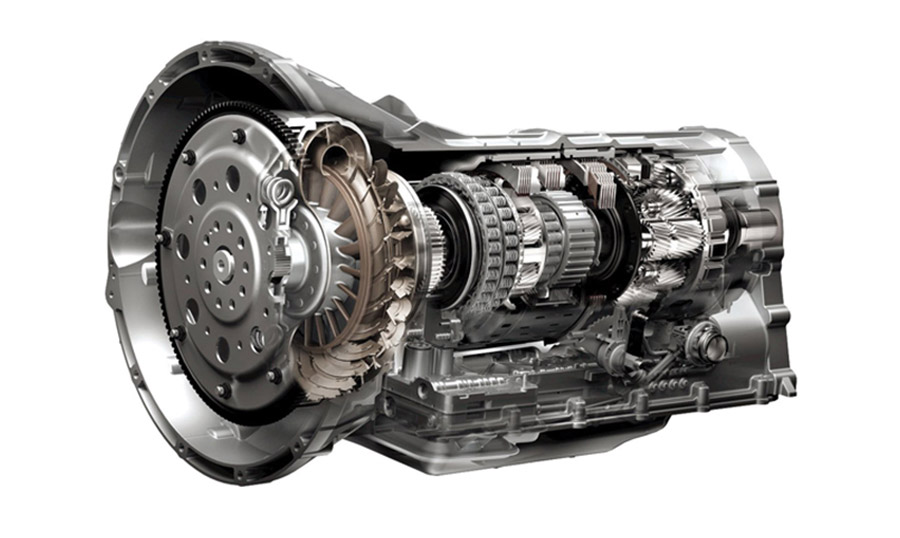Transmission fluid filters are commonly known for keeping contaminants out of the transmission fluid. However, there are some types of problems which can affect the filters and prevent them from functioning properly.
- Listen for Excess Noise
In case you hear any rattling sound which cannot be explained in any other way, it is advisable you check the transmission. A defect may have developed, and you may need to have your transmission replaced or get fasteners to tighten it. Debris blocking the filters can also be a cause of the excess noise.
- Is There Any Leakage?
The transmission filter is either located in the transmission reservoir pan or an external spin-on type of filter. There could always be a leak if a transmission filter or reservoir pan is not properly fitted, or there might be a problem in the transmission. The seals and gaskets can also develop cracks which might lead to leakage. There can also be a leak if they have been dislodged or misaligned. You can look for leak spots whenever the car is moved from where it was parked.
- Check for Contamination
One of the main purposes of the transmission filter is to keep the pollution particles out of the internal clutches and gears of the transmission. In case the filter is unable to adequately perform its function, the fluid will reach a point where it doesn’t work as required. Contamination might also reach a point where it can burn, making it necessary for the transmission to be repaired.
- Are You Experiencing the Inability to Change Gears?
There are times when you might find changing the gears entirely difficult. This could be caused by a problem in the transmission filters. You can also experience gears grinding or the vehicle surging.
Replacement of Transmission Filters
It is recommended that you change transmission filters after every 30,000 miles or every 2 years. Whenever you change the transmission filter, it is also a good idea to flush the transmission fluid and replace with new to remove any debris that could cause damage.

